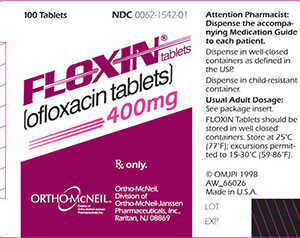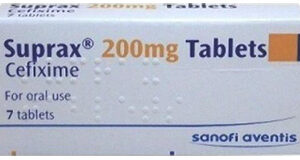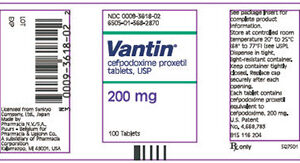Overview: Augmentin, combining amoxicillin and clavulanate potassium, is a penicillin-class antibiotic. It’s effective against a wide range of bacterial infections. Amoxicillin stops bacterial growth, while clavulanate potassium prevents resistance.
Forms and Prescription: Available in tablet, capsule, and oral suspension forms, it’s prescribed for adults and children over 3 months. Follow the full course as prescribed to ensure effectiveness.
Usage Precautions:
- Allergies: Avoid if allergic to penicillin or Augmentin components.
- Medical History: Disclose any history of severe allergic reactions, liver issues, or mononucleosis.
Common Side Effects:
- Nausea, vomiting, diarrhea, stomach pain, headache, rash/allergic reactions. Consult a doctor for severe or persistent symptoms.
Dosage Guidelines:
- Follow the prescribed dosage, taken orally with water, with or without food.
- Missed Dose: Take as soon as possible, but skip if close to the next dose. Avoid double dosing.
- Complete the Course: Continue treatment even if symptoms improve early.
Augmentin Dosage Guidelines
Optimal Administration:
- Augmentin can be taken with or without meals, but absorption is better at the start of a meal.
- Taking Augmentin at mealtime can reduce gastrointestinal discomfort.
Adult Dosage:
| Infection Severity | Dosage |
|---|---|
| Standard Infections | 500 mg every 12 hours or 250 mg every 8 hours |
| Severe or Respiratory Tract | 875 mg every 12 hours or 500 mg every 8 hours |
| Alternative for Swallowing Difficulty | 125 mg/5 mL or 250 mg/5 mL suspension for 500 mg tablet; 200 mg/5 mL or 400 mg/5 mL suspension for 875 mg tablet |
Note:
- Two 250-mg tablets are not equivalent to one 500-mg tablet.
- 250-mg standard and chewable tablets are not interchangeable.
Pediatric Dosage:
- Under 12 Weeks (<3 months): Recommended dose is 30 mg/kg/day divided every 12 hours, based on the amoxicillin component. Prefer the 125 mg/5 mL suspension.
- 12 Weeks (3 months) and Older:
| Infection Type | Dosing Regimen (mg/kg/day) | Suspension Concentration (mg/5 mL) |
|---|---|---|
| Otitis Media, Sinusitis, Lower Respiratory Infections, Severe Infections | 45 every 12 hours or 40 every 8 hours | 200/400 for 12-hour dose, 125/250 for 8-hour dose |
| Less Severe Infections | 25 every 12 hours or 20 every 8 hours | 200/400 for 12-hour dose, 125/250 for 8-hour dose |
Important Note:
Suspensions containing aspartame (200 mg/5 mL and 400 mg/5 mL) are not suitable for phenylketonurics.
Drug Interactions: Inform your healthcare provider about all medications you’re taking. Potential interactions include antacids, oral contraceptives, blood thinners, gout medication, and chemotherapy drugs.
Take Action for Healthier Outcomes Adhere to the prescribed Augmentin regimen and consult your healthcare provider for personalized advice. Stay informed and proactive in managing your treatment.
Please be aware that the information provided here is for informational purposes only. It is not intended as medical advice or as a substitute for professional healthcare consultation. Always consult with a qualified healthcare professional for personalized advice and treatment options.






Reviews
There are no reviews yet.